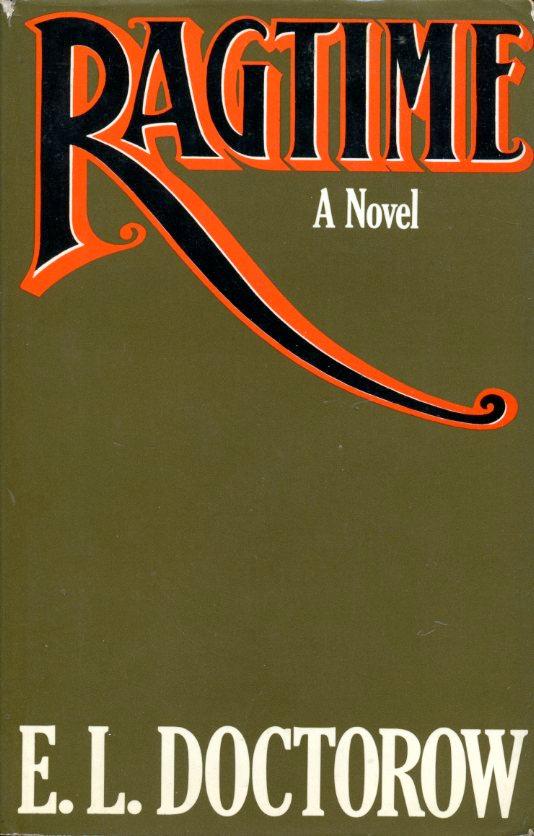
Glyph is in some ways similar to another of
Everett's novels, American Desert. In that, a man dies and comes back to
life – literally so, rising from his coffin in the middle of his funeral
service. In Glyph we have a ten-month-old baby prodigy who has the brain
of a fully-functioning intellectual adult and an IQ of 476, reading, memorising
and understanding everything that is put before him and, although he eschews
speech, able to write and communicate fluently. On the face of it you might
argue, then, that the two novels are not especially similar, but they are: in
each, a person is violently removed from the mainstream of human experience in
order to be able to observe it from the margins. It is the common stuff of
satire, of course: by artificially intensifying the emotions and beliefs and
taboos and mores of a society, the satirist can reveal its weaknesses and
faultlines. This is what Everett does brilliantly.
And
so, just as in American Desert, when Ted is kidnapped by religious
lunatics and subsequently kidnapped again by the government, in Glyph baby
Ralph is kidnapped by one crazed academic, undergoes a bungled kidnap by a
second and is immediately kidnapped again by shadowy government agencies, where
he is put to work as a spy. That’s not the end of it. He is rescued by a kindly
guard, only to be effectively kidnapped again as the guard and his wife, who is
desperate for a child of her own, flee to Mexico. There, he falls into the
clutches of a paedophile priest, while, one by one, his previous kidnappers and
his distraught mother converge on him, each determined to claim him for their
own. Crazy? It certainly is, and extremely funny, too. As ever, do not expect dry social realism
from Percival Everett.
It
could be argued that a fault of Everett’s is his tendency to take potshots at
everything, and certainly, with Glyph, the usual suspects are lined up
for their Everettian kicking – racial stereotyping, the media, the church,
academia, the government. These tend to appear in all of his novels, and it is
only the relative degree of their suffering that changes. That does sometimes
give a feeling that his writing is unfocused, and it also serves to give a
sense of déjà vu at times.
But
that is not to say that this is a weak book – far from it. Everett is one of
the funniest writers around and here he has enormous fun. His primary target in
Glyph is academia, principally at the expense of Roland Barthes – ‘I’m
French, you know’, and the postmodernist, deconstructionist school of literary
criticism. Barthes is portrayed as a lecherous, pretentious buffoon, and baby
Ralph joyfully rips his treasured theories apart. Of his structuralist analysis
of Sarrasine, S/Z (which Everett also plays with in his most famous
novel, Erasure), Ralph agrees that, in theory, he could read backwards
or pull text randomly from a novel and so produce fragments in the way that
Barthes suggests. ‘But I do not,’ he says, ‘any more than than I might walk the
middle part of my trip to the refrigerator first this time and last the next.’
Thus, Everett trashes much of the artificiality of academia. There are in-jokes
by the dozen here. Many of them fly straight over my head because I am not a
literature scholar but, such is the brio with which Everett writes, it scarcely
matters.
However,
as with all the best satire, there is a message here. Everett makes his usual
comments about race and religion and the evils of secret government, but this
time his real target is truth. Near the end, Ralph insists that he ‘offers no
truth about the culture’, but here he is being too modest. The novel has
revolved around truth, around the ways that we interrelate and how we
prevaricate, how we come to judgements not based on truth but on our own
prejudices and fears and self-interests. Ralph also insists frequently that,
the evidence notwithstanding, he is not a genius. How could I be?, he seems to
be saying, because:
What genius, I guessed then and know now, allows is
the start of a new race. Genius means finding a way back to the beginning where
the truths are uncorrupted and honest and maybe even pure.
And
there we have it. Raph, despite his massive intellect, is still literally a
babe in arms, and for all his knowingness he represents that uncorrupted
honesty that we all seek. There is, beneath the satire, a tenderness in the
writing of Pervical Everett that makes him a most beguiling writer. He has the
wit of a satirist, but the heart of a romantic.



